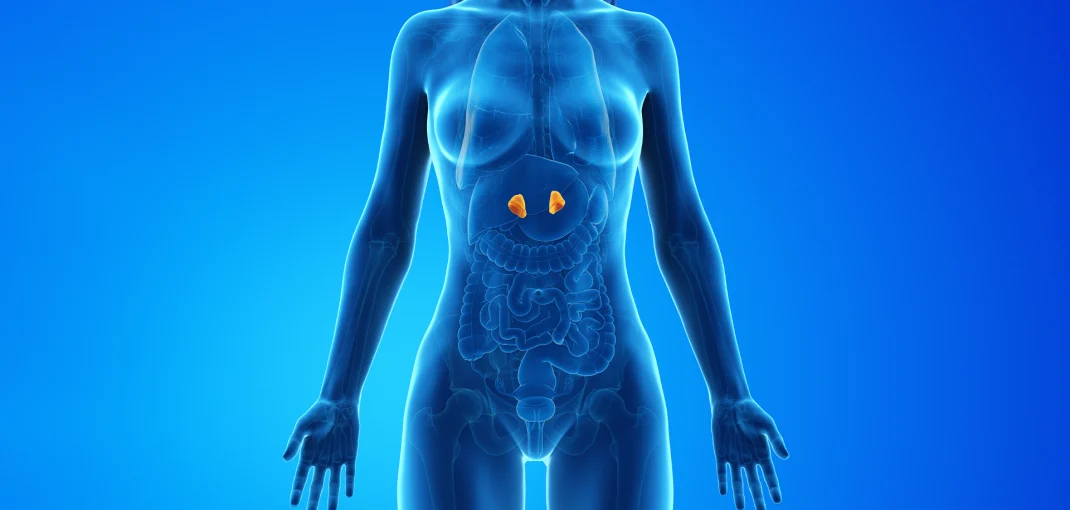When cortisol reaches high enough levels, it can negatively affect body composition and, in fact, in pathologies such as Cushing’s syndrome or during pharmacological treatment with exogenous glucocorticoids, increases in body weight, loss of mass muscle and increased adipose tissue, in addition to the development of metabolic syndrome. However, in a scenario in the absence of disease or treatment with glucocorticoids, demonizing cortisol of any anomaly is… to say the least, excessive, since the human body is really much more complex than one might think.
Cortisol, positive or negative?

As reviewed by Hackney and Walz, cortisol is necessary and helps the human body release energy substrates during exercise, prioritize and orchestrate substrate utilization, and protein remodeling, yet in the fitness industry it has always been labeled like the bad guy in the movie and that only increases fat, retains fluids and promotes muscle loss.
Similarly, most of the collective opinion in the fitness industry about the relationship between cortisol and long-term changes in strength and body composition is based on research with minimal applicability; Some of this evidence comes from unique clinical scenarios, such as studies on Cushing’s syndrome or exogenous glucocorticoid administration, involving substantially higher cortisol levels than a typical athlete would experience.
Others come from studies evaluating overtraining syndrome (often characterized by a low testosterone to cortisol ratio), which is very rarely seen in people who train with weights and is more often due to low energy availability and not a overtraining per se.
On the other hand, they are also based on research exploring acute cortisol responses to certain stressors rather than chronic elevations, and some of that research even implies that larger cortisol responses to training might predict better gains.
Although of course, then… What should we look at?
Negative effects of Cortisol on body
Supraphysiological levels of cortisol have negative effects on body composition, both in terms of body fat and muscle atrophy, this situation will not occur in a healthy person who trains, since it is extremely difficult to intentionally induce an overtraining syndrome with training strength training, for example, in the present study in which a combination of strength and resistance training was performed, the athletes’ resting cortisol levels never exceeded those of the controls, and while a rise will certainly be experienced acute cortisol levels due to intense training, this elevation will never approach the cortisol levels seen with Cushing’s syndrome or glucocorticoid pharmacological interventions,and are likely to be compensated by nocturnal suppression of cortisol levels.
Even more determining factors on both body composition and cortisol levels are lack of sleep or chronic psychogenic stress and equally, remember that the increase in cortisol levels that this can produce is simply an indicator of the underlying problem, not the root of the problem itself, that is, if cortisol is high because you don’t sleep well, what you have is a rest problem, if it is high because you are stressed, you have a stress problem, so the problem should be addressed rest or stress problem.

Conclusion
At Biaxol we have a wide range of products specifically designed to reduce cortisol levels, either directly with our cortisol reducer or by solving the root of the problems, either due to lack of sleep, where Sleep would be of great help, or by stress where Stress would be the perfect supplement to choose, the three supplements can be combined synergistically.
